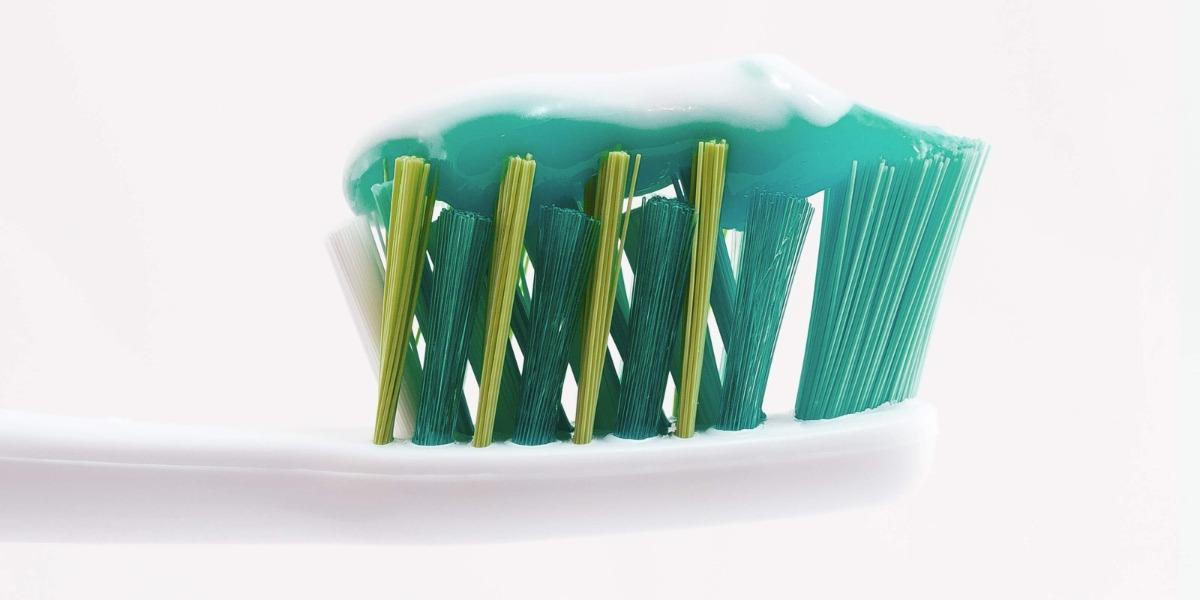
Why You Shouldn’t Rinse After Brushing
posted: Nov. 13, 2019.

Our Location
Find us on the map
Hours of Operation
Our Regular Schedule
Monday:
7:30 am-4:30 pm
Tuesday:
7:30 am-4:30 pm
Wednesday:
7:30 am-4:30 pm
Thursday:
7:30 am-4:30 pm
Friday:
Call to Inquire
Saturday:
Closed
Sunday:
Closed
